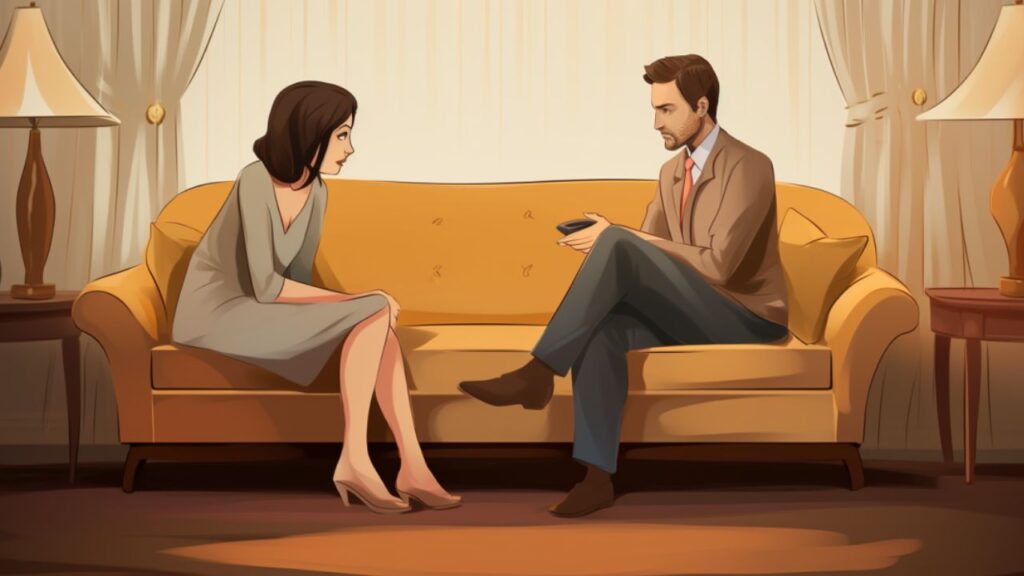
“Dr. Hart, my boyfriend and I have been together for two years, and I truly love him. However, he still lives with his mother. He says it’s to help her as she’s getting older, but I can’t help but wonder about our future. Can we move forward under these circumstances?”
Dear Lily, your situation, while unique, reflects a larger societal pattern as more adults find themselves in living arrangements with their aging parents. It’s a nuanced issue, involving the interplay of personal relationships, financial matters, and the ethics of care. Understanding, communication, and respect are crucial pillars in successfully maneuvering these circumstances.
It’s crucial to grasp the complete context of your boyfriend’s living arrangement. Many cultures and individuals place high importance on caring for elderly parents, reflecting compassion and familial responsibility. Your boyfriend staying with his mother showcases his commitment to family values, demonstrating a significant level of responsibility.
It can be helpful to recognize the possible reasons behind this setup: Is it financial or primarily for providing care? Are there other siblings who might share the responsibility? Understanding these elements can give you a clearer picture of the situation and help you approach the issue empathetically.

Open and honest dialogue is vital for solving relational puzzles. Express your concerns to your boyfriend sincerely, framing it from a place of love and commitment towards the relationship. Discuss where you both envision your future, individually and collectively.
Ask him about his long-term plans. Does he intend to live with his mother indefinitely, or does he have a timeline in mind? What provisions are there for his mother’s care if he were to move out? Would he consider other living arrangements if required for your relationship to evolve? Such conversations can lead to mutual understanding and clarify expectations.
Respecting your partner’s decisions, especially when they involve familial obligations, is essential. However, that doesn’t mean suppressing your feelings or needs. A relationship thrives on balance, often achieved through compromise.
Could there be a middle ground that respects both his commitment to his mother and your need for progress in the relationship? This could be in the form of living together in the same house, finding a place nearby, or even exploring other eldercare options, provided everyone is comfortable and his mother’s needs are met.

Issues like this can bring about friction in a relationship, even with the best communication and intentions. If discussions reach a stalemate or the situation triggers significant distress, seeking help from a relationship counselor or therapist can be beneficial. They can provide neutral, professional guidance and provide strategies to help navigate this complex situation.
Remember, Lily, there’s no universal roadmap for dealing with such intricacies in a relationship. Every relationship has its unique aspects and challenges. However, with a foundation of understanding, strong communication, respect for each other’s decisions, and potentially some professional guidance, you can find your path in this scenario. Be patient with yourself and your partner as you both navigate this uncharted territory.
Dr. Seraphina Hart, PhD, is a relationship therapist with over two decades of experience in the field of psychology and human behavior. With a rich academic background from Stanford University, she has an in-depth understanding of the complexities of interpersonal relationships. Dr. Hart's journey began with a deep fascination with the human mind and how it forms emotional connections, leading her to specialize in relationship therapy.
Her compassionate approach and unique methodology are informed by her extensive study of various therapeutic modalities, including Cognitive Behavioral Therapy (CBT), Emotionally Focused Therapy (EFT), and mindfulness techniques. Dr. Hart believes in the power of empathy and understanding in healing and transforming relationships. With her guidance, clients learn to navigate their emotions, communicate effectively, and foster a deep sense of self-awareness.